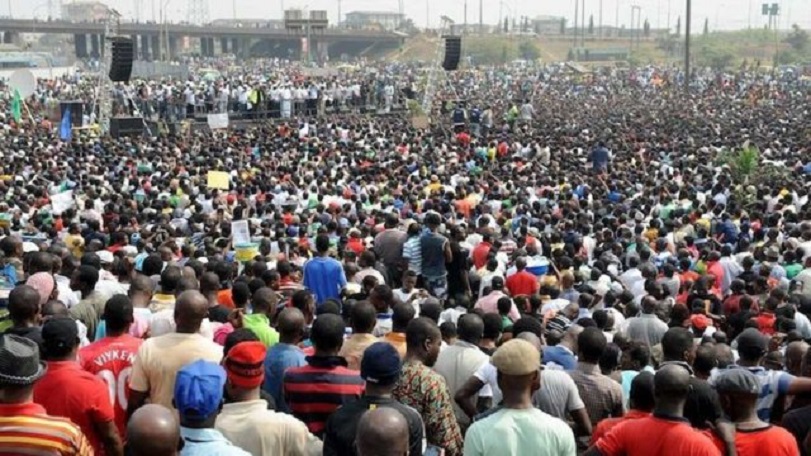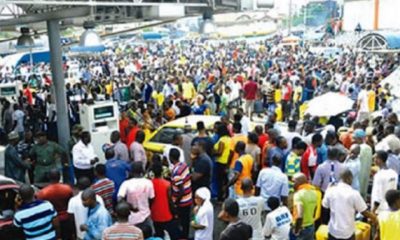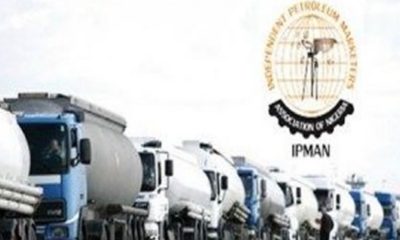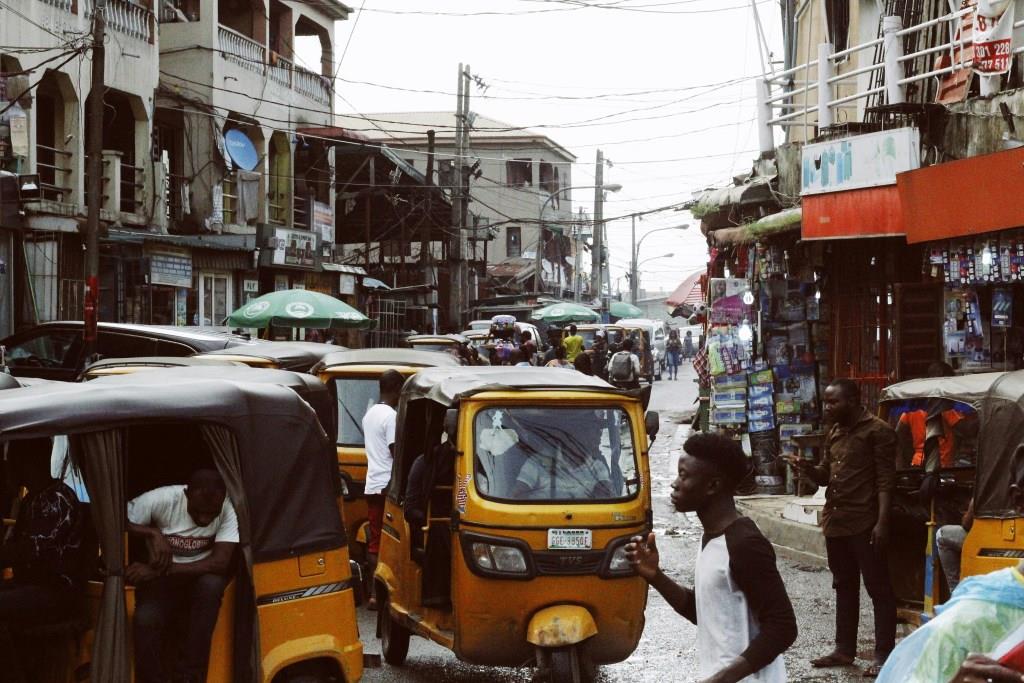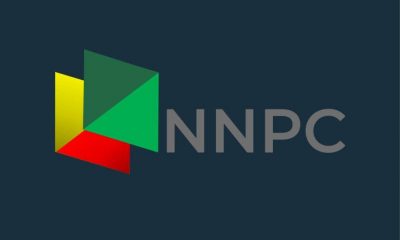General
Nigerians to Elect New President Tomorrow Amid Cash, Fuel Crises
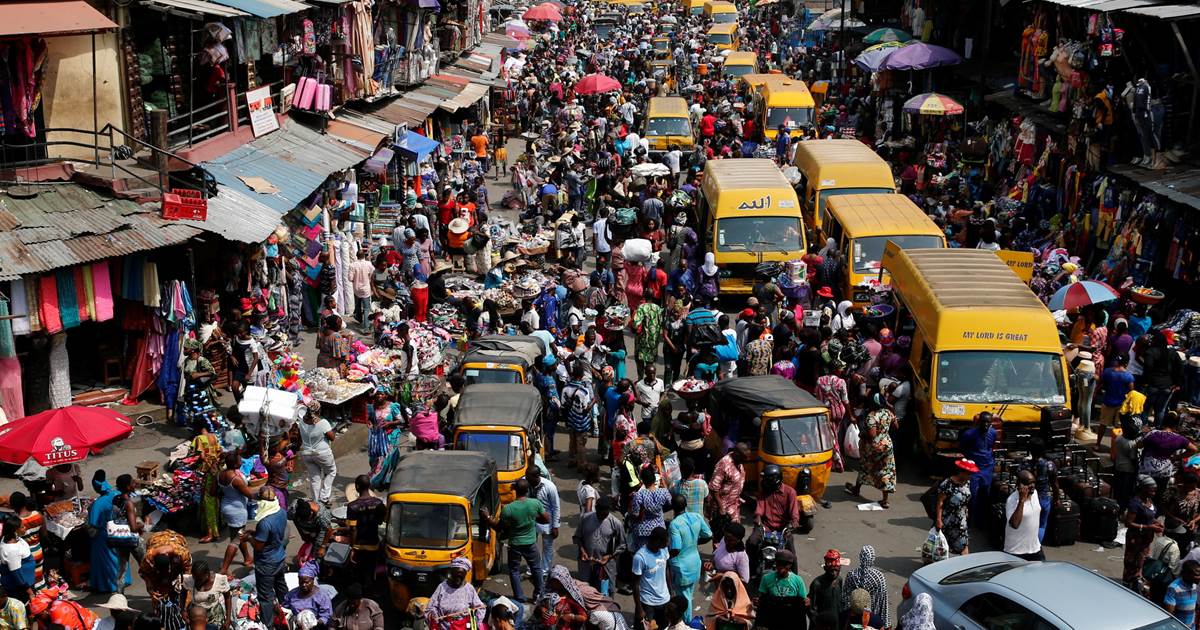
By Adedapo Adesanya
Nigerians will, on Saturday, February 25, vote for a person to replace President Muhammadu Buhari for at least the next four years.
The election has been tagged by analysts and observers as one of the most crucial since the country returned to democratic rule almost 24 years ago.
It will also be the seventh straight election that Africa’s largest economy will be holding following the emergence of Mr Olusegun Obasanjo (1999-2003, 2003-2007), late Mr Umaru Musa Yara’dua (2007-2010), Mr Goodluck Jonathan (2011-2015), and incumbent Mr Buhari (2015-2019, 2019-2023).
As Nigerians head to the polls, they are doing this amid a double whammy of cash crunch and fuel scarcity, which are making Nigeria’s high multidimensional poverty population feel the heat.
The Central Bank of Nigeria (CBN) had last year introduced a new policy that involves the conversion of old higher denomination notes to new ones, which has left the average Nigerian scrambling to find cash to buy food and pay for transport.
Proponents say that the policy is good because it has led to an increase in the use of electronic channels, but Business Post independently verified that the electronic channels had witnessed downtime that has left many stranded.
On the other hand, critics have said the policy was not good since poverty is rife and many Nigerians need cash to do daily transactions.
Regardless of calls from several quarters to reverse the policy, President Buhari says no going back but instead allowed the use of old N200 notes but remained adamant on the N500 and N1,000.
This has seen large swathes of crowds at banks, where banks cap their withdrawal limits. Wema Bank in the Idimu area capped its cash withdrawal at N5,000 while some others put theirs at N10,000 daily.
For Point-of-Sale (POS) operators, there is a biting scarcity with a cap of N2,000 per transaction accompanied by a 10 to 20 per cent charge, and in some areas, this goes as high as 35 per cent of the withdrawn amount.
Also, Premium Motor Spirit (PMS), otherwise known as petrol, is once again in short supply even as the Nigerian National Petroleum Company (NNPC) Limited claims that there are 1.805 billion litres of petrol in stock, enough to last for 30 days.
“For March 2023, a total of 2.3 billion litres of petrol is expected, while about 2.5 billion litres, equivalent to 42 days sufficiency, will be the closing stock for the month,” a spokesperson of the state oil company stated.
However, Nigerians have to brace queues and pay higher for the commodity, which currently sells at around N280 per litre in most filling stations.
These are among issues like insecurity, piling debt, and worsening inflation that the next president will face.
To inherit these could be any of the front runners, which include Mr Peter Obi of the Labour Party, who has led in several opinion polls and garnered support from youths; Mr Bola Ahmed Tinubu of the ruling All Progressives Congress (APC) with a loyal fanbase in the Southwest; serial runner Atiku Abubakar of the main opposition Peoples Democratic Party (PDP); and Mr Rabiu Kwakwanso of the New Nigeria Peoples Party (NNPP), a former Kano state governor where he is highly regarded.
General
EFCC Re-Arraigns ex-AGF Malami, Wife, Son Over Alleged Money Laundering
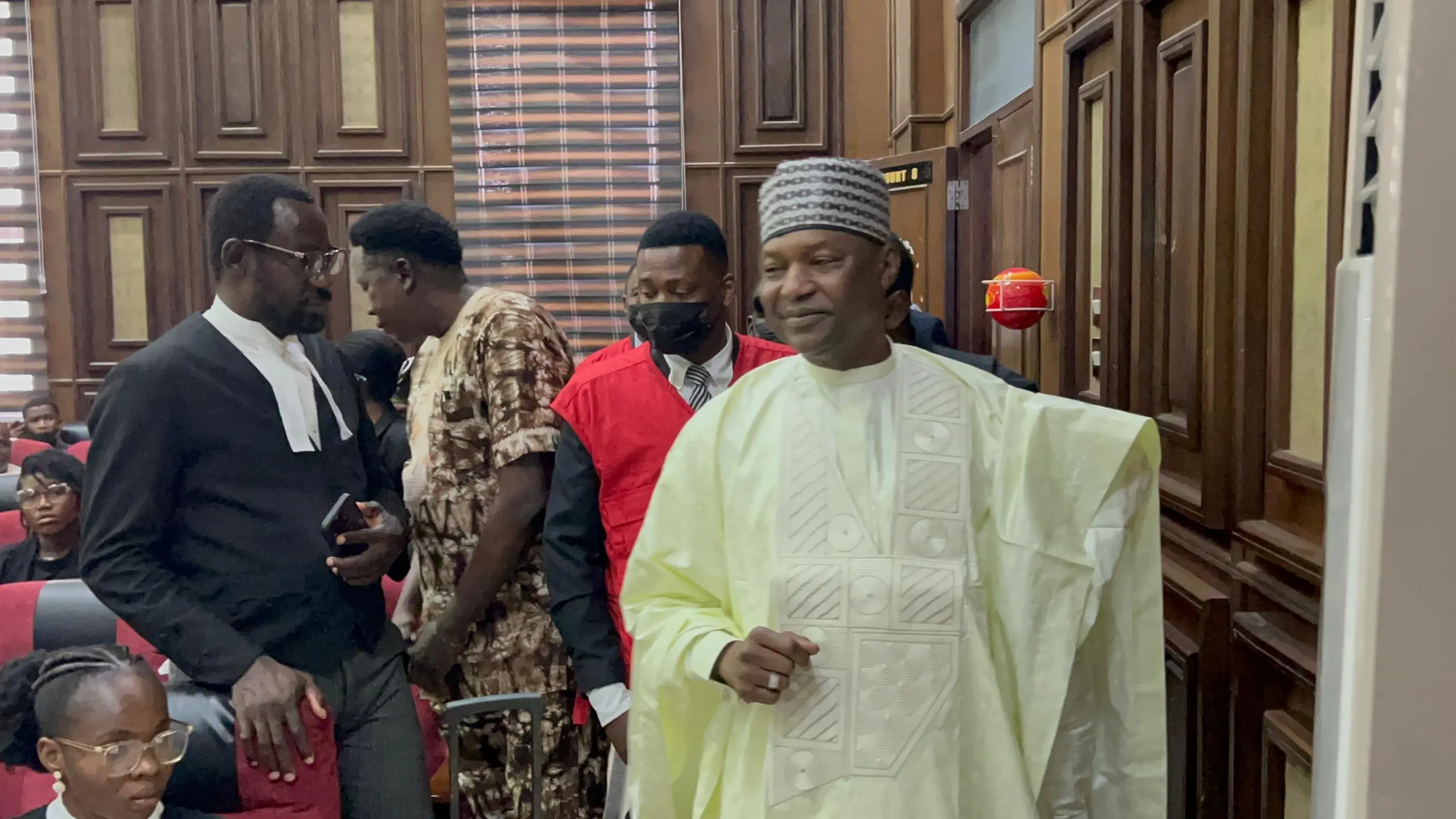
By Adedapo Adesanya
The Economic and Financial Crimes Commission (EFCC) has re-arraigned former Attorney-General of the Federation (AGF), Mr Abubakar Malami (SAN), his wife, Mrs Asabe Bashir, and son, Mr Abdulaziz Malami, on money laundering charges.
They were brought before Justice Joyce Abdulmalik of the Federal High Court in Abuja, following the re-assignment of the case to the new trial judge.
Upon resumed hearing, EFCC’s lawyer, Mr Jibrin Okutepa (SAN), informed the court that the matter was scheduled for defendants’ re-arraignment.
“The matter is coming before your lordship this morning for the very first time. I will be applying for the plea of the defendants to be taken,” he said.
Mr Okutepa equally applied that the sums listed in Counts 11 and 12 be corrected to read N325 million instead of N325 billion for Count 11, and N120 million instead of N120 billion for Count 12.
When it was not opposed by the defence lawyer, Mr Joseph Daudu (SAN), Justice Abdulmalik granted the oral application by Mr Okutepa.
The defendants, however, pleaded not guilty to the 16 counts preferred against them by the anti-graft agency bordering on money laundering.
Justice Obiora Egwuatu had, on February 12, withdrawn from the case shortly after the civil case filed by the EFCC was brought to him.
The case was formerly before Justice Emeka Nwite, who sat as a vacation judge during the Christmas/New Year break.
After the vacation period, the CJ reassigned the cases to Justice Egwuatu, who had now recused himself, before it was reassigned to Justice Abdulmalik.
The former AGF, his wife, and son were earlier arraigned before Justice Nwite on December 30, 2025.
While Malami and his son were remanded at Kuje Correctional Centre, Asabe was remanded at Suleja Correctional Centre before they were admitted to N500 million bail each, on January 7, with two sureties each in the like sum.
General
INEC Shifts 2027 Presidential, N’Assembly Elections to January 16

By Adedapo Adesanya
Nigeria will hold next year’s presidential and National Assembly elections a month earlier than planned, after the Independent National Electoral Commission (INEC) revised the polling schedule.
The elections will be held on January 16, instead of the previously announced date of February 20, INEC said in an X post, signed by Mr Mohammed Kudu Haruna, National Commissioner and Chairman, Information and Voter Education Committee.
There were also changes to the Governorship and State Houses of Assembly elections initially fixed for Saturday, March 6 2027, in line with the Electoral Act, 2022, have now been moved to Saturday, February 6, 2027.
The electoral commission said the changes were caused by the enactment of the Electoral Act, 2026 and the repeal of the Electoral Act, 2022, which introduced adjustments to statutory timelines governing pre-election and electoral activities.
“The Commission reviewed and realigned the schedule to ensure compliance with the new legal framework,” it said.
INEC said party primaries (including resolution of disputes) will commence on April 23, 2026 and end on May 30, 2026, after which Presidential and National Assembly campaigns will begin on August 19, 2026, while Governorship and State Houses of Assembly campaigns will begin on September 9, 2026.
It noted that campaigns will end 24 hours before Election Day, and political parties have been advised to strictly adhere to the timelines.
INEC also stated it will enforce compliance with the law.
The electoral body also rescheduled the Osun Governorship election which was earlier scheduled for Saturday, August 8 2026, by a week to Saturday, August 15, 2026.
INEC noted that some activities regarding the Ekiti and Osun governorship elections have already been conducted, and the remaining activities will be implemented in accordance with the Electoral Act, 2026.
Speaking at a news briefing in Abuja two weeks ago, the chairman of INEC, Mr Joash Amupitan, expressed the readiness of the commission to conduct the polls next year.
The timetable issued by the organisation for the polls at the time came when the federal parliament had yet to transmit the amended electoral bill to President Bola Tinubu for assent.
Later that week, the Senate passed the electoral bill, reducing the notice of elections from 360 days to 180 days, while the transmission of results was mandated with a proviso.
General
NIMASA Rallies Stakeholders’ to Develop National Action Plan

By Adedapo Adesanya
The Nigerian Maritime Administration and Safety Agency (NIMASA) has pledged its commitment to provide the regulatory leadership, technical coordination, and stakeholder engagement required to successfully develop and implement a robust National Action Plan on maritime decarbonization in Nigeria.
The Director General of the agency, Mr Dayo Mobereola, made this known during the National Stakeholders’ workshop on the development of a National Maritime Decarbonization Action Plan, further describing the workshop as a critical step in actualising the Federal Government’s blue economy and climate objectives.
Represented by the Executive Director, Operations, Mr Fatai Taiye Adeyemi, the NIMASA DG underscored the significance of the IMO GreenVoyage2050 Project, a technical cooperation initiative /designed to support developing countries in implementing the IMO GHG Strategy.
According to him, the National Action Plan being developed will reflect national realities, leverage existing capacities, address identified gaps, and align with broader economic and environmental priorities of the federal government.
Mr Mobereola stressed that “this transition is not merely about compliance with international obligations, it is about safeguarding our marine environment, protecting public health, strengthening the blue economy, and ensuring that our maritime industry remains competitive and future-ready”, the DG said.
Also speaking at the event was the Technical Manager of the IMO GreenVoyage2050 Project, Ms Astrid Dispert, who highlighted that the overarching objective of the initiative is to advance a coherent and globally aligned regulatory framework to accelerate maritime decarbonization.
She also emphasised that NIMASA plays a pivotal role in driving the project at the national level.
The IMO GreenVoyage2050 Project provides technical expertise and institutional support to assist countries in developing and implementing National Action Plans that promote sustainable shipping practices, encourage investment in clean technologies, and strengthen capacity for long-term emissions reduction.
Through this collaboration, the federal government is advancing deliberate steps towards maritime decarbonization, reinforcing its commitment to global climate goals and ensuring a cleaner, greener, and more sustainable future for the sector.
-

 Feature/OPED6 years ago
Feature/OPED6 years agoDavos was Different this year
-
Travel/Tourism10 years ago
Lagos Seals Western Lodge Hotel In Ikorodu
-

 Showbiz3 years ago
Showbiz3 years agoEstranged Lover Releases Videos of Empress Njamah Bathing
-

 Banking8 years ago
Banking8 years agoSort Codes of GTBank Branches in Nigeria
-

 Economy3 years ago
Economy3 years agoSubsidy Removal: CNG at N130 Per Litre Cheaper Than Petrol—IPMAN
-

 Banking3 years ago
Banking3 years agoSort Codes of UBA Branches in Nigeria
-

 Banking3 years ago
Banking3 years agoFirst Bank Announces Planned Downtime
-

 Sports3 years ago
Sports3 years agoHighest Paid Nigerian Footballer – How Much Do Nigerian Footballers Earn


